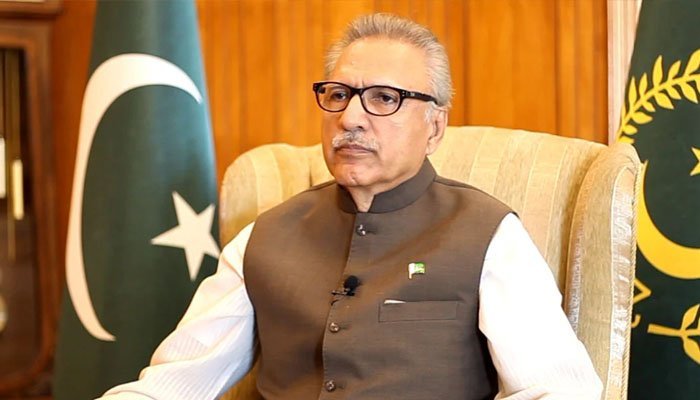Zubair Qureshi Islamabad
On the eve of the new Parliamentary Year, soon after President Arif Alvi’s address to the Parliament, members of the both Houses—National Assembly and Senate of Pakistan— are likely to pass today (Monday) the electoral reforms bills that include among other things use of Electronic Voting Machines (EVMs) for next general elections.
In the backdrop of serious allegations levelled by the ruling Pakistan Tehreek-e-Insaf (PTI) ministers against the Chief Election Commissioner (CEC), another crucial meeting is being chaired by the CEC at the Election Commission of Pakistan (ECP) in which the commission will take up verbal attack and threats hurled by the Minister for Railways, Azam Swati and decide the course of action against him.
Swati in a recent meeting of the Senate’s Standing Committee had alleged the ECP was merely a tool in the hands of the opposition parties and the CEC had received bribes from them. We should set such institutions on fire, Azam Swati had said in that meeting.
Two members of the ECP present in that meeting had walked out in protest over the uncouth remarks by a sitting minister against a constitutional institution of the country.
What had infuriated the minister and his colleagues was a list of 37 objections raised by the ECP on the use of EVMs citing serious issues of transparency, security, procurement, training and capacity of the Election Commission in using them.
The ECP in its response to the government’s proposal to use EVMs made it clear, the use of electronic voting machines was not possible on a short notice as general elections were only one-and-a-half months away and EVM could not prevent misuse of state authority, election fraud, electronic ballot stuffing, vote buying, the law and order situation, dishonest polling staff, widespread political and electoral violence and abuse of state resources.










